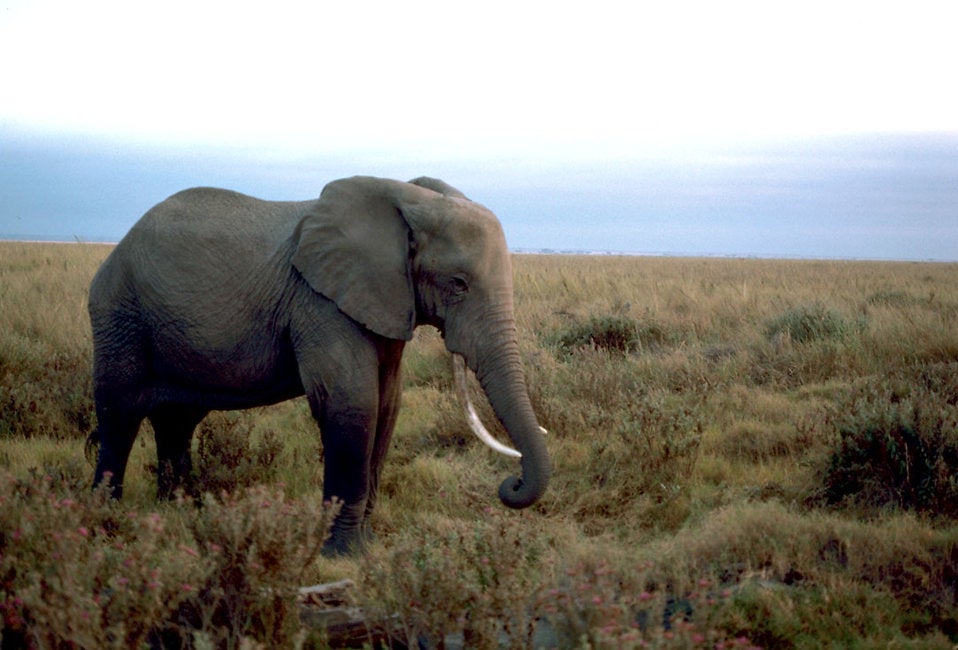Sri Lanka destroys biggest ever illegal ivory haul
More than 350 tusks were crushed by the Sri Lankan government in an attempt to show poachers the country’s zero tolerance attitude to smuggling

Your support helps us to tell the story
From reproductive rights to climate change to Big Tech, The Independent is on the ground when the story is developing. Whether it's investigating the financials of Elon Musk's pro-Trump PAC or producing our latest documentary, 'The A Word', which shines a light on the American women fighting for reproductive rights, we know how important it is to parse out the facts from the messaging.
At such a critical moment in US history, we need reporters on the ground. Your donation allows us to keep sending journalists to speak to both sides of the story.
The Independent is trusted by Americans across the entire political spectrum. And unlike many other quality news outlets, we choose not to lock Americans out of our reporting and analysis with paywalls. We believe quality journalism should be available to everyone, paid for by those who can afford it.
Your support makes all the difference.On Tuesday the Sri Lankan government destroyed its biggest illegal ivory haul ever, in a bid to show poachers that the island is serious about fighting the tusk trade.
More than 350 African elephant tusks, weighing about 1.5 tonnes, were crushed before being fed into an industrial furnace.
The international trade in ivory has been banned in most of the world since 1989, but illegal smuggling still goes on in many parts of Asia, where ivory is highly prized for medicinal and decorative uses.
Sri Lanka has become a trailblazer for the anti-poaching cause in the East, being the first South Asian nation to publicly destroy ivory obtained through elephant poaching. It is now the sixteenth country in the world to destroy confiscated elephant tusks so that they cannot be traded on the black market.
The haul was seized at Colombo's port nearly four years ago en route to Dubai from Kenya.
"There are some very small tusks which would have come from baby elephants," Colombo Customs Director Udayantha Liyanage told reporters.
"We are trying to demonstrate that there is no value for blood ivory... It is horribly cruel and the elephants suffer for about a week before they die," he said.
Blood ivory is a term used by activists to describe tusks that are obtained illegally by slaughtering elephants.
The organisers of the ceremony observed a two-minute silence for the slain elephants before Buddhist, Hindu, Christian and Muslim leaders performed funeral rites for the animals.
The ivory came from northern Mozambique and Tanzania and travelled through Kenya to Sri Lanka on the way to the United Arab Emirates, said Secretary General of the Convention on International Trade in Endangered Species (CITES), John E. Scanlon.
Scanlon, who was present for the crushing, said: "this shows the effectiveness of Sri Lankan customs in detecting this contraband in transit."
Most Sri Lankan elephants do not have tusks and the animals are venerated and protected by law.
However, nearly 200 elephants are killed each year by villagers after accidentally straying onto farmland, while the animals themselves also kill about 50 people each year.
Sri Lanka's elephant population has reduced to just over 7,000, according to a census five years ago, down from a population of over 12,000 at the start of the last century.
Join our commenting forum
Join thought-provoking conversations, follow other Independent readers and see their replies
Comments